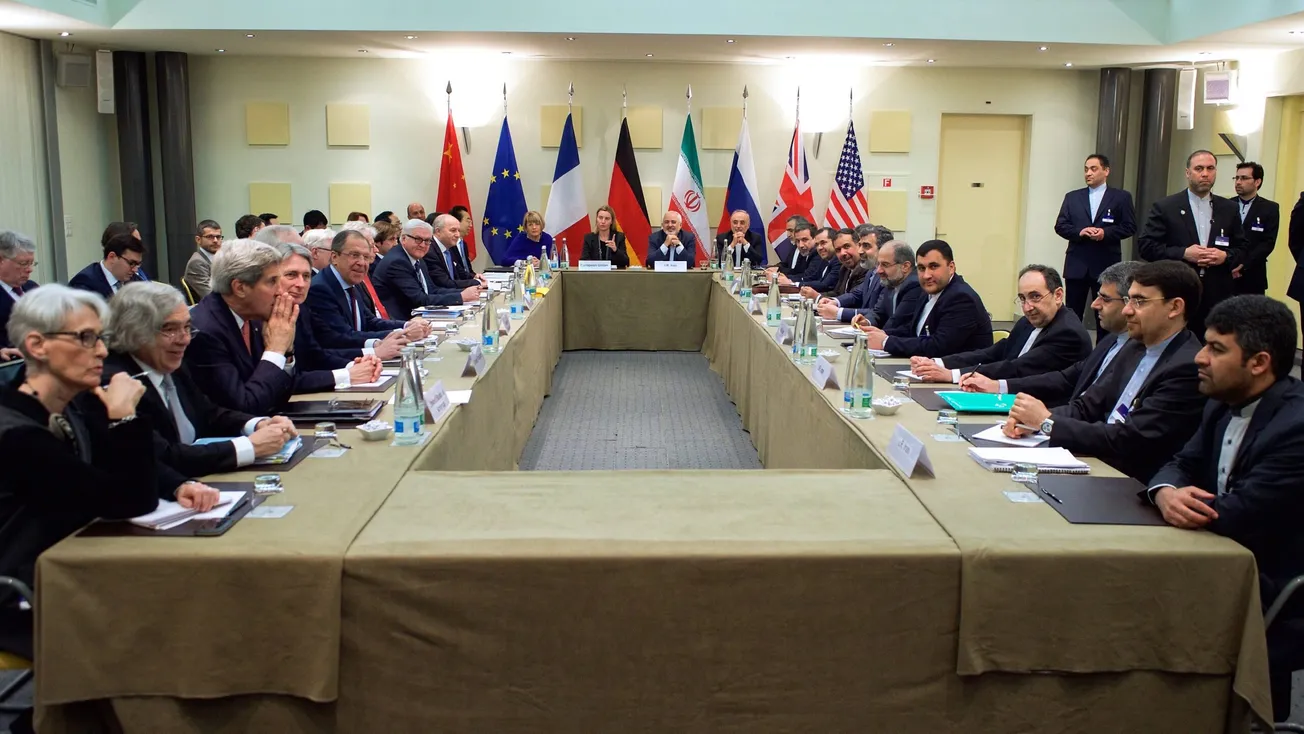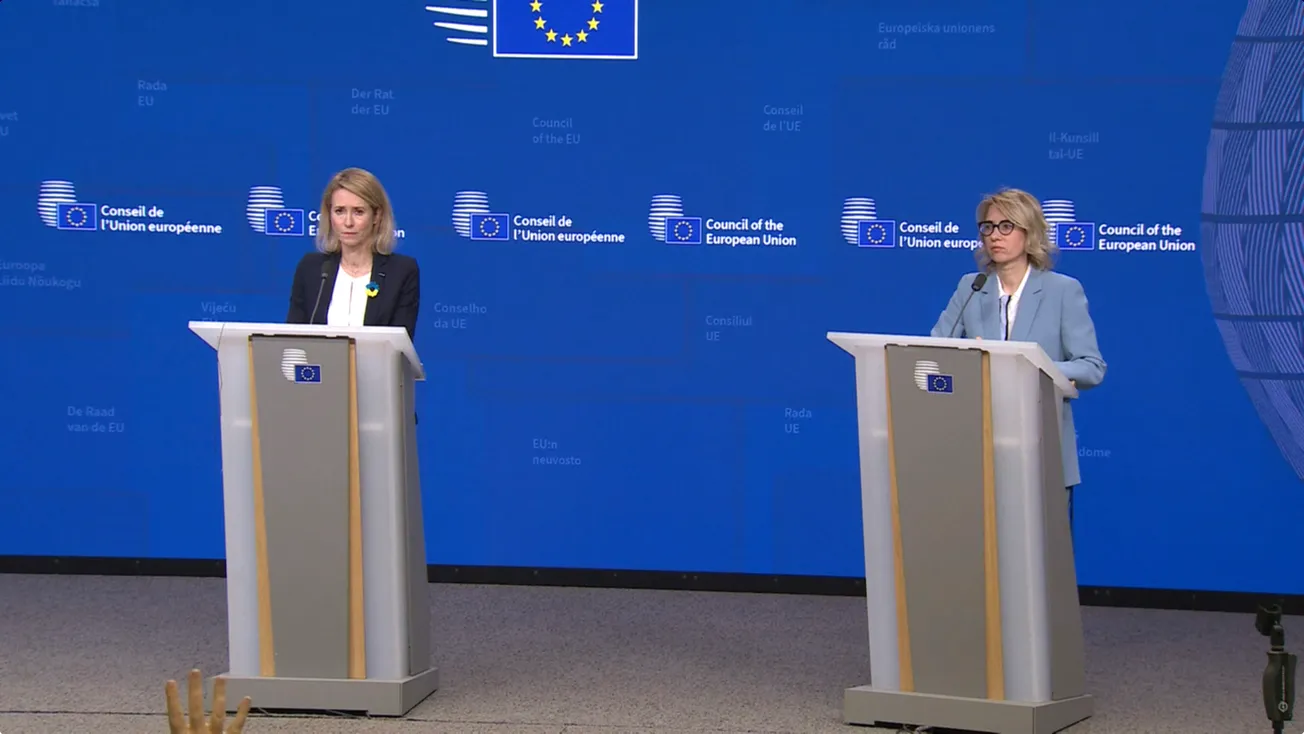In an open letter published Nov. 8 in El País of Spain, 108 international economists warned of the economic and social devastation that would ensue were Libertarian extremist Javier Mieli elected in Argentina’s runoff presidential election Nov. 19. The letter’s co-authors are Professor Jayati Ghosh, a developmental economist at the University of Massachusetts Amherst; French economist Dr. Thomas Piketty; and Serbian-American economist Branko Milanovic. These economists have focused their work largely on issues of inequality and income distribution in the developing sector, likely with a Keynesian orientation. Their letter is entitled “The Dangers of Javier Milei’s Economic Program in Argentina.”
Dr. Ghosh, also the executive secretary of the International Development Economics Associates (IDEAS), told El País that they felt it necessary to make a joint statement, because they support Argentina’s broad economic development and are concerned that Milei’s extremist model will have dire consequences for the country and the region. The letter admits that given Argentina’s current profound economic crisis, some of Milei’s apparently simple solutions—cutting federal spending, reducing the state, dollarizing the economy—may appear attractive. In reality, “they are likely to cause more devastation in the real world in the short run, while severely reducing policy space in the long run.”
Rooted in the Austrian school of economics and its model of laissez faire and an unregulated state, Milei’s policies are “fraught with risks that make them potentially very harmful for the Argentine economy and the Argentine people.” A major reduction in government spending “would increase already high levels of poverty and inequality and could result in significantly increased social tensions and conflict,” they warn. The laissez-faire model “assumes that markets work perfectly well if the government doesn’t intervene,” the letter continues. But unregulated markets are not benign,” and “Argentines are all too familiar with the pain of laissez-faire economics imposed by international lenders such as the IMF, which in the past has increased poverty and economic insecurity and inhibited the country’s development.”
In separate comments to El País, Dr. Ghosh, who is also a professor of economics at Jawaharlal Nehru University in New Delhi, warned that Argentina is facing a “very critical moment, when Argentines will vote in an election that could lead to extreme policies. We believe that these are dangerous economic ideas that simplistically denigrate the public sector and public participation in the economy. These proposals, if implemented, would cause new suffering to the Argentine people…. Any `stability’ achieved through these drastic measures would come at the cost of further misery for working people.”




